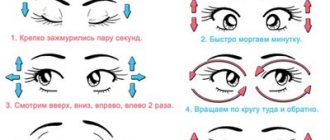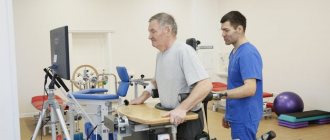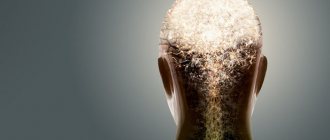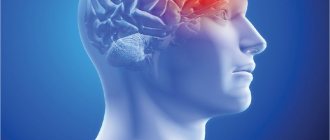Complex treatment of movement coordination disorders in Moscow. Diagnosis of the causes of ataxia and accompanying symptoms using the clinic’s advanced equipment, formation of an individual treatment program for the disorder using drug therapy and physiotherapeutic techniques.
Neurologist consultation
Chaika Natalya Vladimirovna
Neurologist, 1st category
Physiotherapist, hirudotherapist
11 years of experience
Leave your phone number. The clinic administrator will call you back.
Make an appointment
Admission fee for the promotion:
3000 rubles
We treat any types of ataxia:
- Vestibular - if you suffer from dizziness, frequent nausea and vomiting, hearing loss, gait has become unsteady.
- Cerebellar - if there is a lack of coordination of movements in the dark and with eyes closed, the gait becomes unsteady, the reaction becomes slow, and speech becomes slurred.
- Cortical - if walking is unsteady, it is difficult to take a step or turn, stand still, and auditory hallucinations appear.
- Psychogenic - if walking becomes broken and weaving, with crossing legs or sudden steps to the side.
- Sensitive – if you lose your balance when closing your eyes, and you have to raise your legs high and forcefully lower them to the floor.
Principles and goals of our work:
- We don’t just treat symptoms, but diagnose and eliminate the cause of the disease
- We use not only medications, but also advanced methods of hardware physiotherapy and a system of exercise therapy exercises
- We create individual therapy for disorders according to the symptoms and needs of each patient
- We restore healthy mobility and clear orientation in space, healthy hearing, speech and writing functions.
- We eliminate side symptoms - nausea, headache and neck pain, weakness, auditory hallucinations.
When should you sound the alarm?
Impaired coordination in some cases is a consequence of serious illnesses. It is recommended to consult a specialist if:
- stumbling has become more frequent, often occurring even out of the blue;
- falls due to weakness in the legs;
- impaired control of movements;
- unnatural gait;
- after a long walk there is a sudden stop, then there is a feeling that it is impossible to move your leg;
- feeling of “cotton” legs;
- difficulty walking on stairs;
- when moving, most of the weight increasingly moves to the heel area;
- when trying to get up, a person falls;
- difficulty raising a leg or starting to move after a long rest;
- the appearance of dizziness, pounding in the temples, darkening in the eyes.
Often a person begins to be afraid and panic.
It is absolutely impossible to ignore such symptoms, since they indicate the presence of diseases.
Consequences of coordination disorders. Why do you need a doctor?
Problems with walking and reaction, orientation in space and making simultaneous body movements is a dangerous condition in itself: after all, it does not allow you to fully work and live in society, and can cause an accident in the workplace or domestic accidents. But even more dangerous can be those destructive processes and diseases that are hidden behind discoordination:
- Multiple sclerosis
- Consequences of a stroke
- Chronic cerebral ischemia
- Acute alcohol or drug poisoning
- Brain tumors
- Diabetes
- Hypothyroidism
- Infectious diseases (HIV, neurosyphilis, cerebellitis, etc.)
- Congenital malformations of the brain
- Genetic metabolic diseases
Without timely diagnosis and the help of doctors, these diseases progress, cause disability and take away lives.
General assessment of the Romberg test results
The duration of stable standing in the Romberg position, the presence or absence of trembling of the eyelids, hands, and swaying of the body are assessed.








